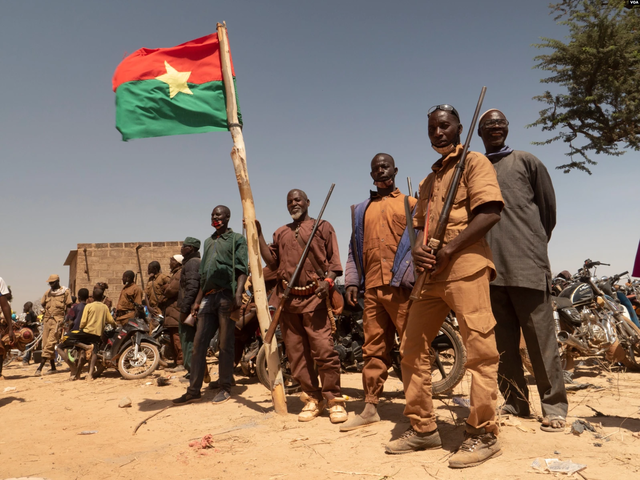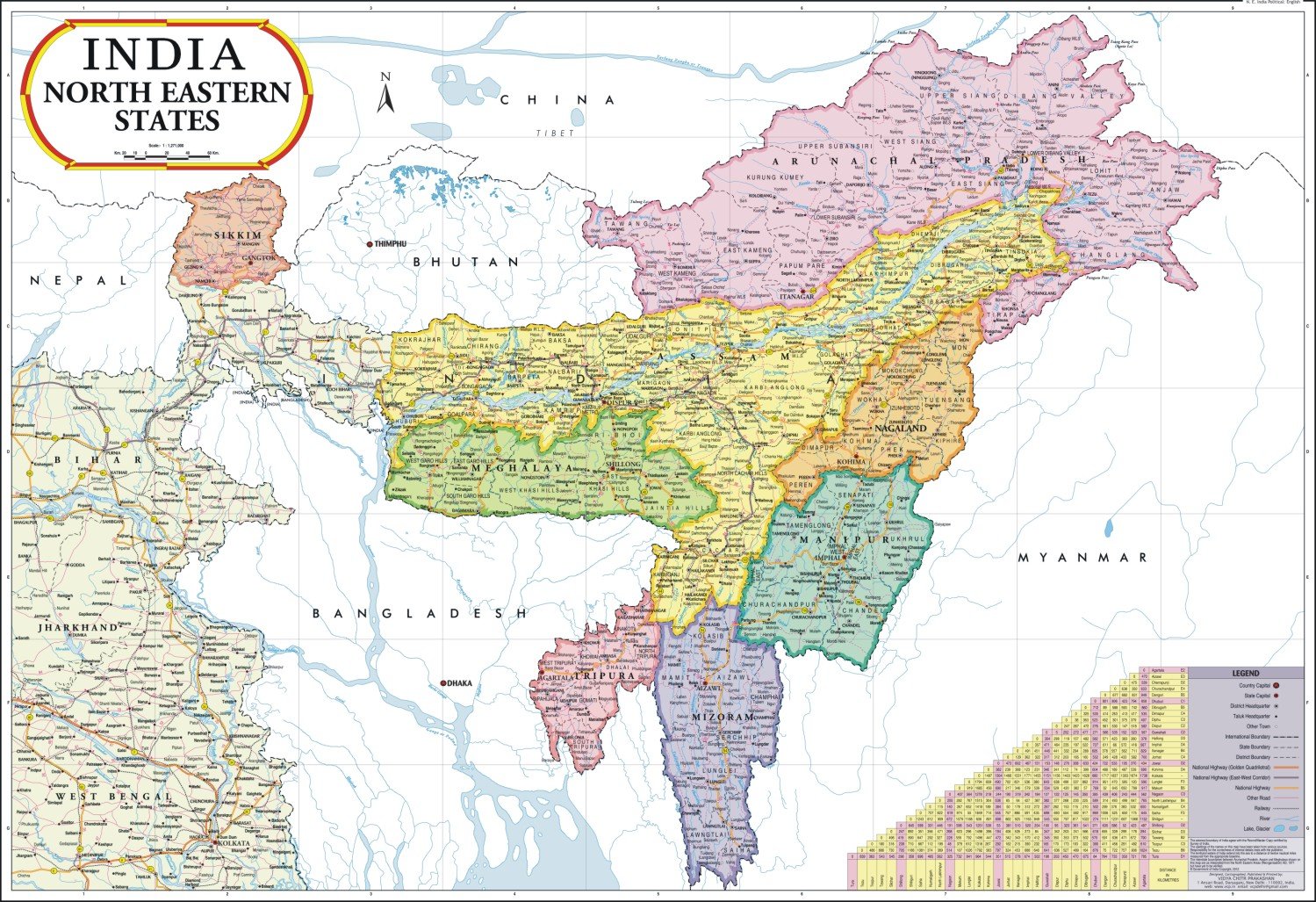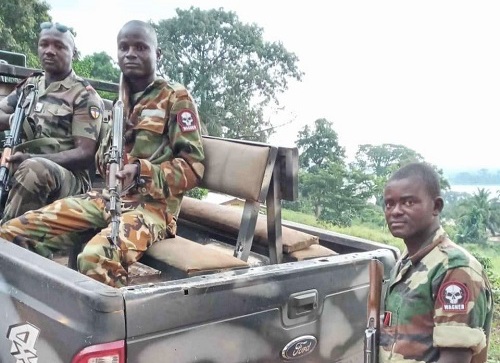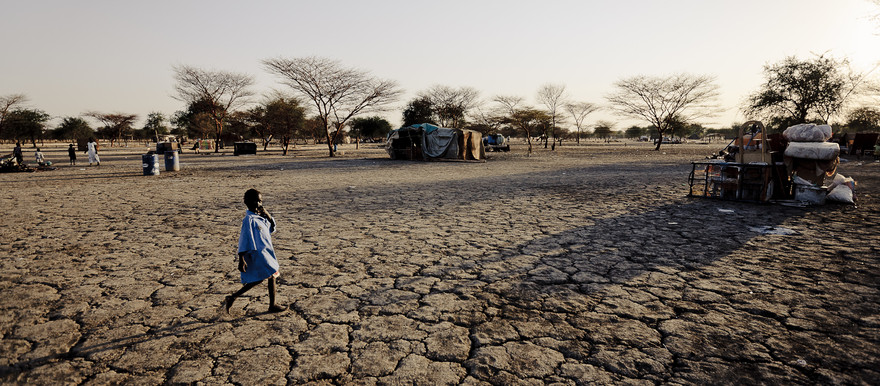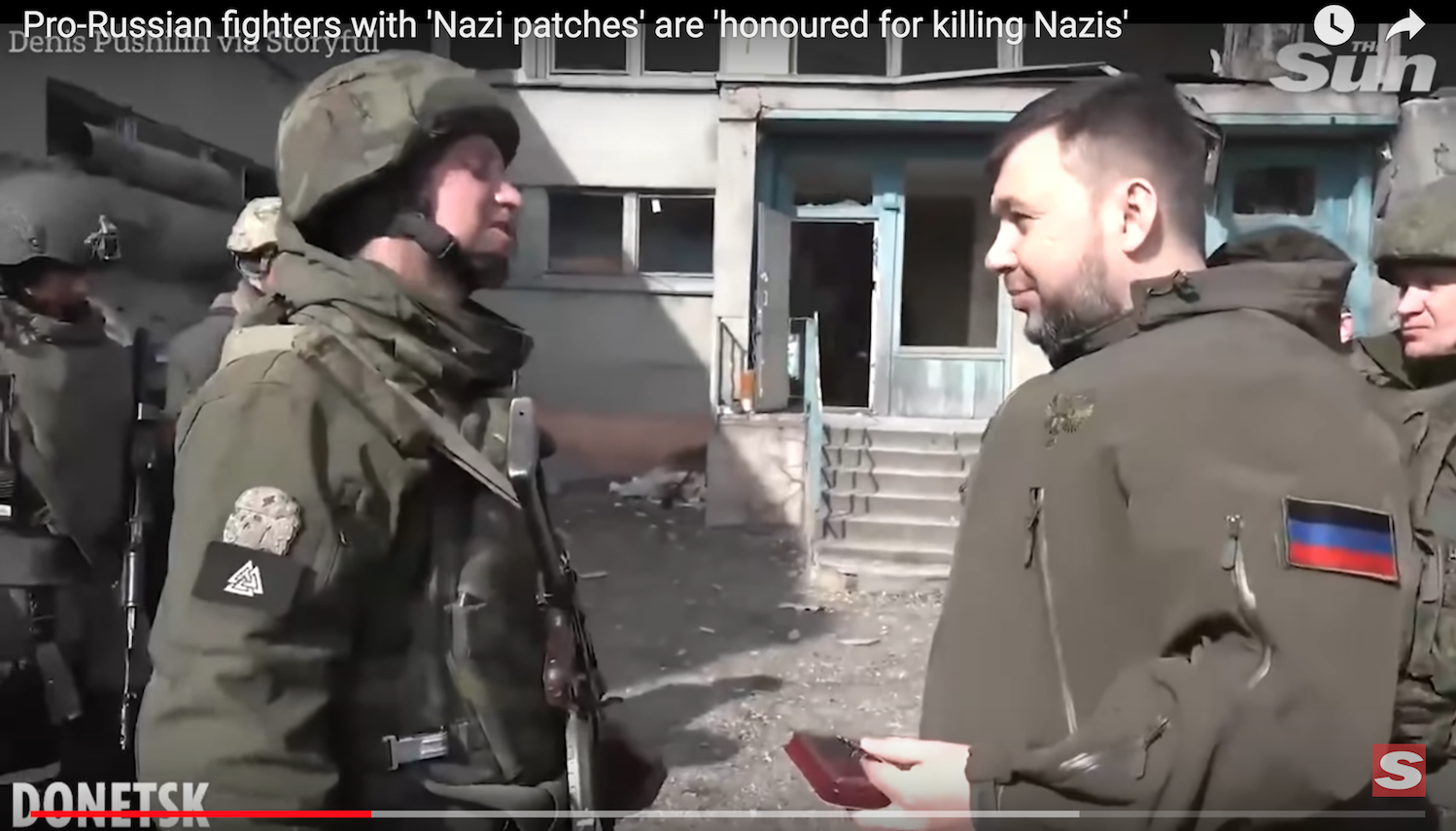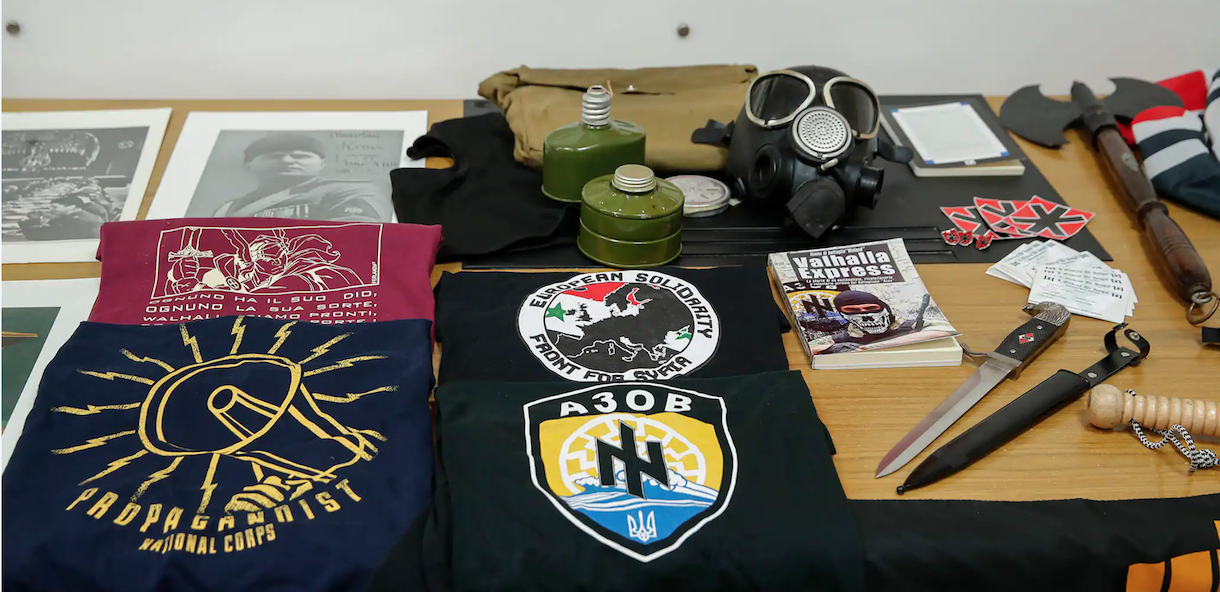
Israel protests score a win —for now
Israeli Prime Minister Benjamin Netanyahu announced that he will delay his proposed reforms of the judicial system in the face of ongoing mass protests. Calling it a move to “avoid civil war,” Netanyahu declared in a televised address “a timeout for dialogue.” However, he added: “We insist on the need to bring about the necessary corrections in the legal system.” Opponents of the reform remain wary that the current respite is only temporary, a tactic to buy time while tensions cool. The protest campaign has also seen a wave of civil disobedience, with military reservists refusing to report for duty. Despite the general single-issue focus on the judicial reform, the demonstrations have included an “anti-apartheid bloc” calling for a secular state and decolonization of Palestinian lands. (Photo: Or Adar/The Umbrella Movement via Twitter)





